Whether happiness may come or not, one should try and prepare one's self to do without it
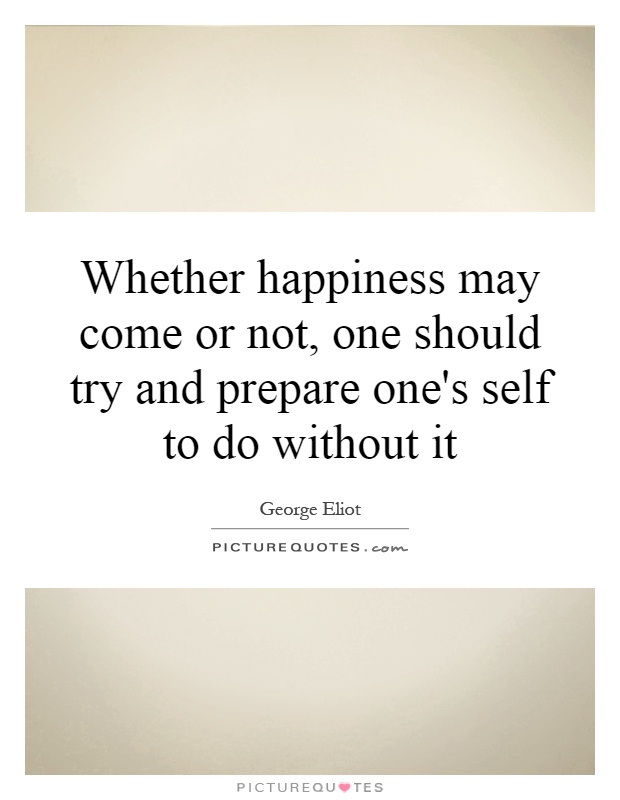
Whether happiness may come or not, one should try and prepare one's self to do without it
In the context of George Eliot's works, the idea that one should try to prepare oneself to do without happiness is a recurring theme that reflects the author's deep understanding of human nature and the complexities of life. George Eliot, whose real name was Mary Ann Evans, was a Victorian novelist known for her insightful and realistic portrayals of human relationships and the struggles of everyday life. Her novels often explore the idea that true happiness is not easily attained and that one must be prepared to face adversity and disappointment in order to find contentment.One of George Eliot's most famous works, "Middlemarch," delves into the lives of a diverse cast of characters who are all searching for happiness and fulfillment in their own ways. The novel explores the idea that happiness is not a constant state, but rather a fleeting emotion that must be actively pursued and maintained. Through the experiences of her characters, Eliot shows that true happiness often comes from within and cannot be dependent on external circumstances or the actions of others.
In "Middlemarch," the character of Dorothea Brooke embodies the struggle to find happiness in a world filled with disappointment and disillusionment. Despite her best efforts to do good and make a positive impact on the world, Dorothea faces numerous setbacks and challenges that test her resolve and force her to reevaluate her beliefs and desires. Through Dorothea's journey, George Eliot suggests that true happiness comes from accepting the imperfections of life and finding contentment in the small moments of joy and connection that can be found amidst the chaos and uncertainty of the world.


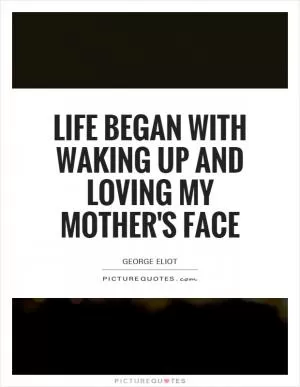
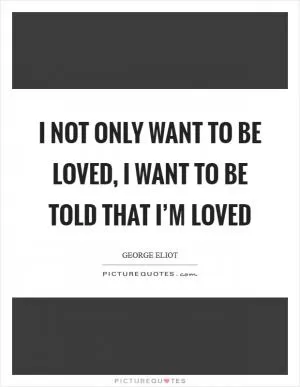


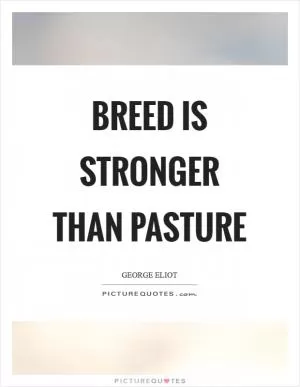

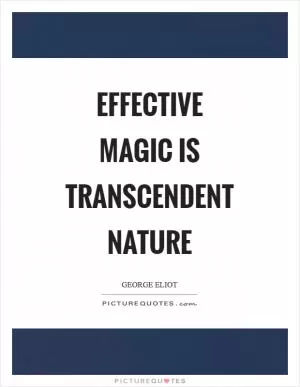
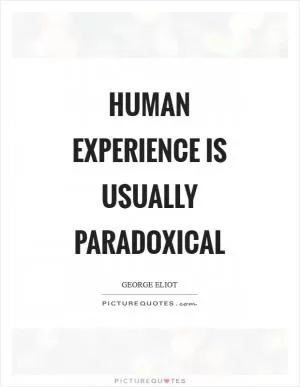

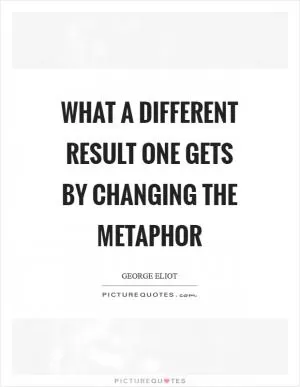
 Friendship Quotes
Friendship Quotes Love Quotes
Love Quotes Life Quotes
Life Quotes Funny Quotes
Funny Quotes Motivational Quotes
Motivational Quotes Inspirational Quotes
Inspirational Quotes